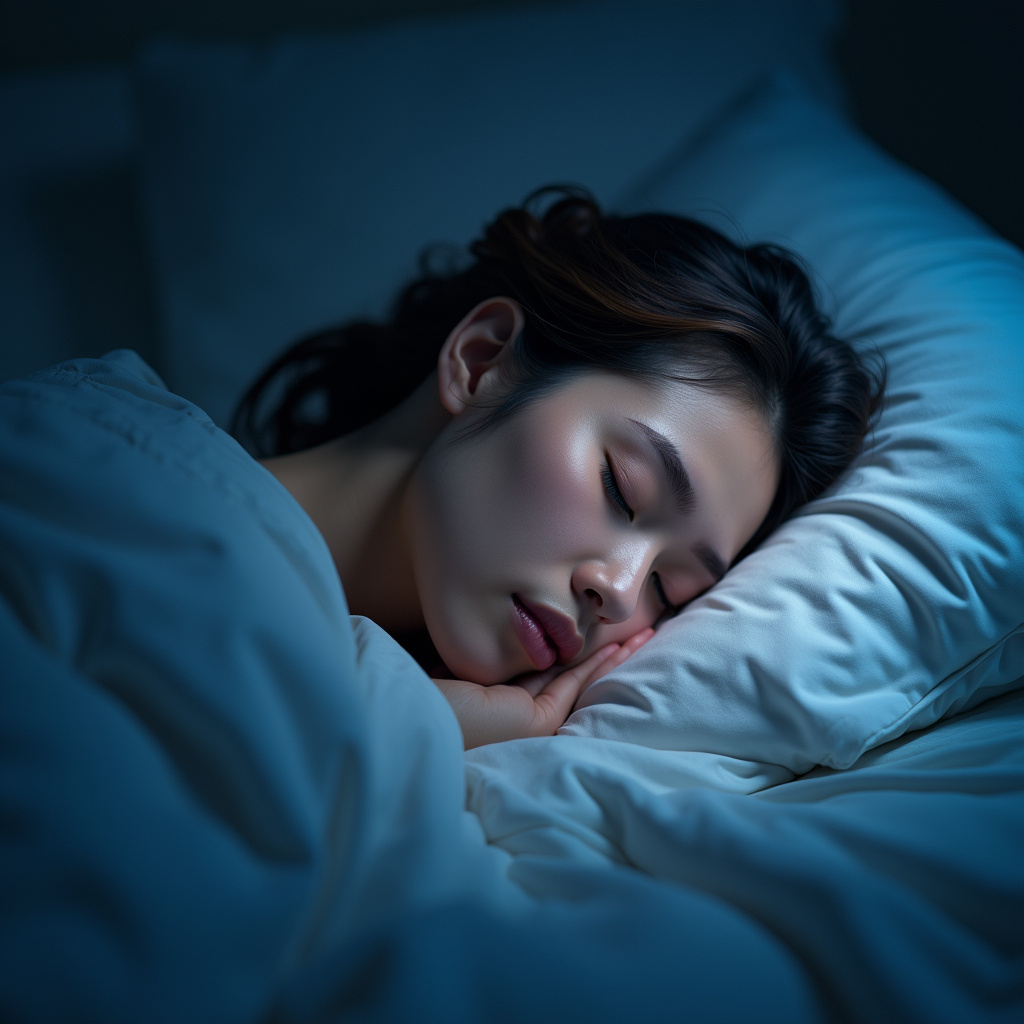Understanding the Importance of Sleep
Sleep is often overlooked in our busy lives, yet it is one of the most vital elements for our health and well-being. Just like our phones need to recharge, our bodies require sleep to function optimally. During sleep, our body embarks on a remarkable journey of repair and rejuvenation, particularly at the cellular level. This process is crucial not just for our physical health, but also for enhancing our beauty.
The Science Behind Sleep
When we sleep, our bodies undergo various restorative processes. Here’s how sleep contributes to cellular repair:
- Cellular Regeneration: During deep sleep, the body increases the production of proteins and hormones that help repair damaged cells. This regeneration is essential for maintaining healthy skin, hair, and overall bodily functions.
- Growth Hormone Release: The majority of growth hormone is released during sleep, particularly in the first few hours. This hormone is vital for growth, cell repair, and metabolism, aiding in the rejuvenation of tissues and muscles.
- Detoxification: Sleep allows our brains to clear out toxins that accumulate during the day. This detoxification process is crucial for maintaining cognitive function and emotional balance.
Sleep and Skin Health
Beauty sleep is not just a saying; it has scientific backing. Here’s how sleep impacts our skin:
- Improved Complexion: While we sleep, blood flow to the skin increases, helping to nourish and repair skin cells. This results in a more radiant complexion.
- Reduced Dark Circles: Lack of sleep can lead to dark circles and puffiness around the eyes. Quality sleep helps minimize these effects, giving you a refreshed appearance.
- Acne Prevention: Sleep helps regulate hormones that trigger oil production in the skin. By getting enough sleep, we can reduce the likelihood of breakouts.
The Role of Sleep in Hair Health
Just as sleep benefits our skin, it also plays a significant role in maintaining healthy hair. Here’s how:
- Hair Growth: The growth phase of hair is enhanced during sleep, thanks to the increased production of growth hormones. Quality sleep can lead to thicker and healthier hair.
- Stress Reduction: Sleep helps manage stress, which is a leading cause of hair loss. By ensuring you get enough rest, you can help prevent stress-related hair problems.
- Hydration: During sleep, our bodies work to hydrate and nourish our hair follicles, leading to shinier and more vibrant hair.
Tips for Improving Sleep Quality
To harness the benefits of sleep for cellular repair and beauty, consider these tips:
- Establish a Sleep Routine: Go to bed and wake up at the same time every day to help regulate your body’s internal clock.
- Create a Comfortable Sleep Environment: Ensure your bedroom is dark, quiet, and cool. Consider using blackout curtains and a white noise machine if necessary.
- Avoid Screens Before Bed: The blue light emitted by screens can interfere with your ability to fall asleep. Try to limit screen time an hour before bed.
- Practice Relaxation Techniques: Consider meditation, deep breathing, or gentle yoga to help calm your mind before bed.
Conclusion
In a world that often prioritizes productivity over rest, it’s essential to recognize the pivotal role sleep plays in our health and beauty. From cellular repair to enhancing our skin and hair, quality sleep is a powerful tool in our wellness arsenal. By prioritizing sleep, we can improve our overall health and radiate beauty from within.




